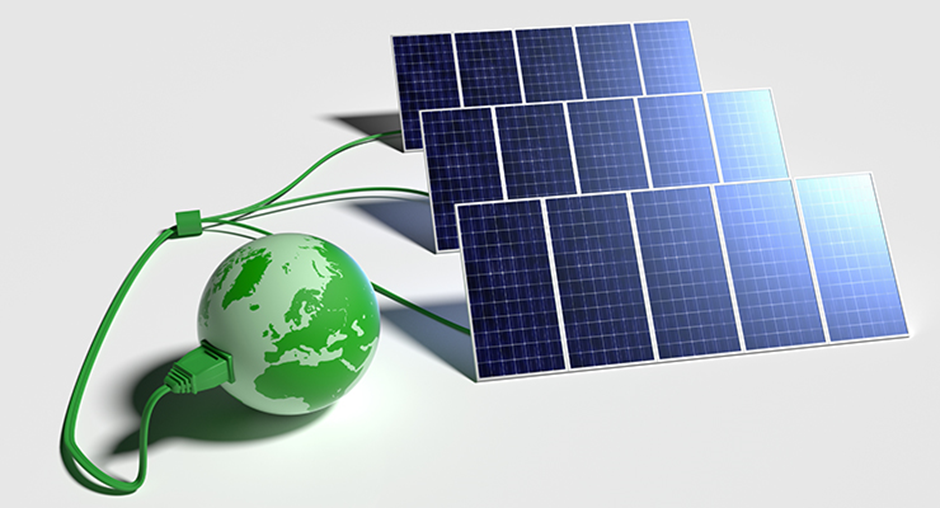The Role of Solar Energy in Achieving Sustainability Goals
In today's world, sustainability has become a critical objective for nations, organizations, and individuals alike. As we grapple with climate change, depleting natural resources, and the need for cleaner energy, solar energy has emerged as a beacon of hope. The photovoltaic market, commonly referred to as the pvmarket, is at the forefront of this green revolution. Let's explore the significant role solar energy plays in achieving sustainability goals and how the growth of the solar panel industry is shaping our future.
The Rise
of the PV Market
The pv
market has experienced exponential growth over the past decade. Innovations in
photovoltaic technology, coupled with decreasing costs of solar panels, have
made solar energy more accessible and affordable than ever before. The global
pvmarket has expanded as governments and private sectors invest heavily in
renewable energy infrastructure. This surge is not just a trend; it’s a
fundamental shift towards a sustainable future.
Reducing
Carbon Footprint
One of the
primary benefits of solar energy is its ability to reduce carbon emissions.
Traditional energy sources like coal and natural gas release significant
amounts of CO2 and other greenhouse gases into the atmosphere. In contrast,
solar panels generate electricity without any harmful emissions. By harnessing
the power of the sun, the pv market is instrumental in mitigating climate
change and reducing our collective carbon footprint.
Economic
Benefits and Job Creation
The
expansion of the pvmarket has also brought substantial economic benefits. The
solar industry has created millions of jobs worldwide, from manufacturing and
installation to maintenance and research. This job creation is not only
boosting economies but also fostering sustainable communities. Moreover, as the
cost of solar panels continues to decline, more households and businesses can
afford to switch to solar energy, resulting in long-term savings on energy
bills.
Energy
Independence and Security
Solar energy
contributes significantly to energy independence. By reducing reliance on
imported fossil fuels, countries can enhance their energy security. The pv
market supports the development of decentralized energy systems, allowing
communities to generate their own power. This shift towards local energy
production is particularly beneficial in remote or underdeveloped regions,
where access to electricity has traditionally been limited.
Technological
Advancements
Continuous
advancements in photovoltaic technology are driving the efficiency and
effectiveness of solar panels. Innovations such as bifacial panels, solar
tracking systems, and improved energy storage solutions are enhancing the
performance of solar installations. These technological strides are making
solar energy a more viable and attractive option for both large-scale power
plants and residential applications, further solidifying the pv market's role
in sustainable development.
Government
Policies and Incentives
Government
policies and incentives play a crucial role in the growth of the pv market.
Many countries have implemented subsidies, tax credits, and feed-in tariffs to
encourage the adoption of solar energy. These incentives not only make solar
panels more affordable for consumers but also stimulate investment in renewable
energy projects. Strong policy support is essential for accelerating the
transition to a sustainable energy future.
Environmental
and Health Benefits
Beyond
reducing greenhouse gas emissions, solar energy offers several environmental
and health benefits. Solar panel require
minimal water for maintenance, unlike conventional power plants that consume
vast amounts of water for cooling. Additionally, reducing air pollution from
fossil fuels leads to better air quality, which has direct positive impacts on
public health. Cleaner air means fewer respiratory and cardiovascular diseases,
leading to healthier communities.
Challenges
and the Way Forward
Despite the
tremendous progress, the pvmarket faces challenges such as energy storage, grid
integration, and regulatory hurdles. However, ongoing research and development
efforts are addressing these issues. Innovations in battery technology, smart
grids, and supportive policies are paving the way for a more resilient and
efficient solar energy ecosystem.
Conclusion
Solar
energy, spearheaded by the dynamic growth of the pv market, is a cornerstone of
global sustainability efforts. By providing clean, renewable energy, creating
economic opportunities, and enhancing energy security, solar panels are helping
to build a greener and more sustainable world. As we continue to innovate and
invest in solar technology, the future of sustainable energy looks brighter
than ever.
Embracing
solar energy is not just an option; it is a necessity for achieving our
sustainability goals. The pv market is proving
that a renewable, resilient, and sustainable energy future is within our reach.




Comments
Post a Comment